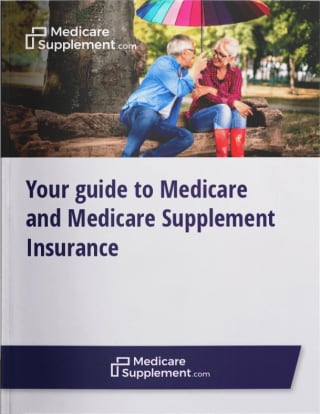Resource Center

There's more to know about Medicare. Get the free guide here.
Stay up to date with Medicare and Medicare Supplement Insurance, for free! Enter your email for a comprehensive guide and important news and tips. We promise to never send you spam – just helpful content!
We've been helping people find their perfect Medicare plan for over 12 years.



